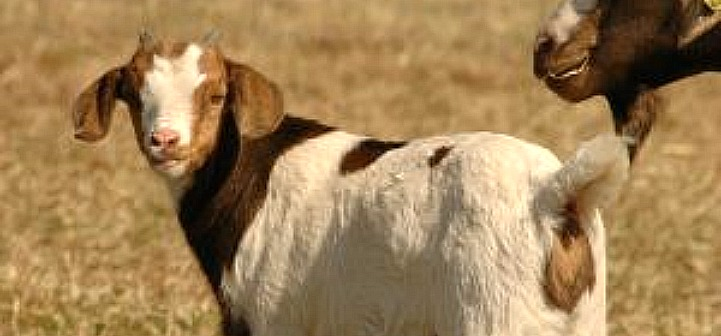Calcium (Ca) 0.3 – 0.8%

The major biological function of calcium is for bones. Bones contain 99 percent of the calcium in body. Calcium is also necessary for muscle contraction, nerve conduction and blood clotting. The main deficiency symptoms are seen in the skeletal system. Bones can become soft and weak and may be deformed, resulting in lameness. This condition is called rickets, or osteomalacia. Vitamin D deficiency causes similar symptoms due to the role of Vitamin D in the absorption and metabolism of calcium. Milk is relatively high in calcium, and lactating goats need adequate levels of calcium for milk production. Does can get hypocalcemia, or milk fever, while lactating. This condition is caused by a metabolic disorder that leads to a shortage of calcium in the blood due to calcium being used for milk production. Urinary calculi is a condition brought about in part by an imbalance in the calcium to phosphorus ratio in the diet. Generally, twice as much calcium as phosphorus should be in the diet of ruminant animals. An excess of calcium can cause abnormal bone growth. Major common dietary sources of calcium include limestone and dicalcium phosphate.
Reference: Hart, S. 2008. Meat Goat Nutrition. Pages 58-83 in Proc. 23rd Ann. Goat Field Day, Langston University, Langston, OK.
